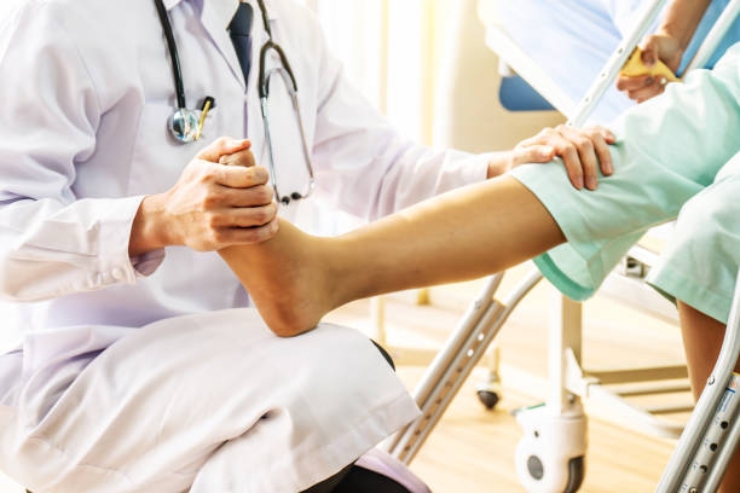- +91-7416704400
- chaitunagarakanti@gmail.com
- Secunderabad, Telangana

At NHS Hospitals, our Department of Orthopedic Surgery is committed to providing world-class care for patients with disorders and injuries of the bones, joints, ligaments, muscles, and spine. Mobility is central to quality of life, and our goal is to help patients regain movement, strength, and independence through expert diagnosis, treatment, and rehabilitation.
Our team of highly skilled orthopedic surgeons and specialists treats a wide spectrum of conditions, ranging from fractures, sprains, and sports injuries to complex disorders like arthritis, osteoporosis, spinal deformities, joint degeneration, and congenital musculoskeletal problems. We also specialize in joint replacement surgeries (hip, knee, and shoulder), arthroscopy, trauma care, spinal surgery, and minimally invasive orthopedic procedures.
Equipped with advanced diagnostic imaging and surgical technology, we provide precise, safe, and effective treatment options tailored to each patient’s unique needs. Whether it’s an emergency trauma case, a degenerative joint condition, or a sports injury, our department ensures timely and comprehensive care.
At NHS Hospitals, patient recovery does not end with surgery. Our orthopedics team works closely with the Physiotherapy and Rehabilitation Department to design personalized recovery plans. These programs focus on pain management, mobility restoration, and long-term joint health, ensuring patients return to their daily activities with confidence.
We adopt a multidisciplinary approach, collaborating with specialists in neurology, rheumatology, pain medicine, and critical care when required. This integrated system of care is especially beneficial for patients with complex conditions such as spine injuries or bone cancers, ensuring seamless treatment under one roof.
Preventive care is another cornerstone of our services. We educate patients on bone health, posture correction, lifestyle modifications, and fall prevention to minimize the risk of injuries and orthopedic complications in the future.
With access to 24×7 emergency care, ICU support, and cutting-edge operation theaters, our orthopedic department is fully equipped to manage both planned surgeries and urgent trauma cases with the highest level of expertise and safety.
At NHS Hospitals, we believe that strong bones and healthy joints are the foundation of an active life. Our orthopedic department is here to help you stand tall, move freely, and live without limitations.